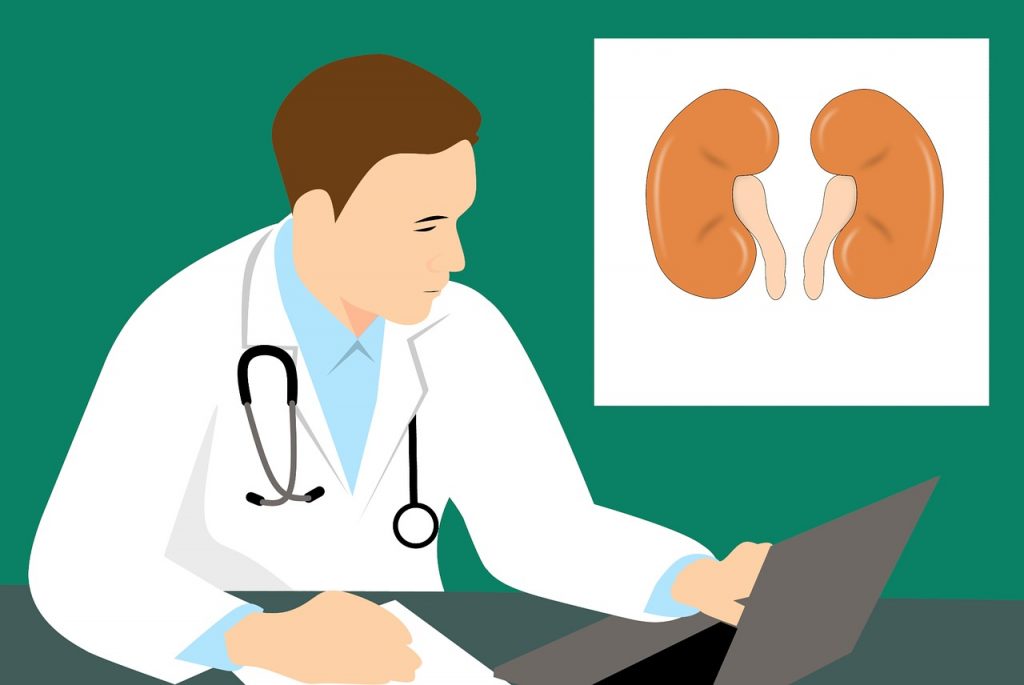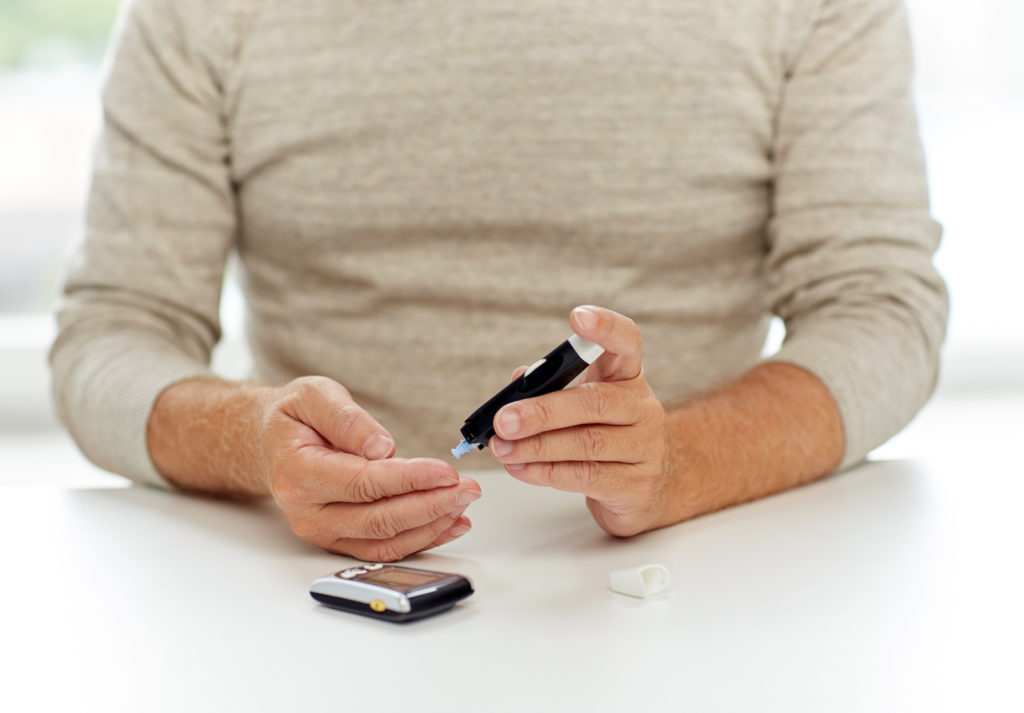This study will assess the effects of vitamin D3 supplementation (cholecalciferol; 2000 IU daily) on serum calcium levels, circulating vitamin D levels, and markers of kidney disease and cardiovascular risk among people with diabetes mellitus and early kidney disease. Eligibility criteria include type 2 diabetes and stage 1-2 chronic kidney disease, defined by a urine albumin-creatinine ratio 30-300 mg/g and an estimated glomerular filtration rate ≥ 60 mL/min. Participants will be randomly assigned to treatment with vitamin D3 or placebo, each taken by mouth once daily for a study duration of one year. Study medications will be added to standard treatment, including an angiotensin converting enzyme inhibitor and/or angiotensin II receptor blocker. We hypothesise that vitamin D3, compared with placebo: Is well-tolerated and safe among people with diabetes and kidney disease;Results in adequate attained circulating vitamin D levels; andPositively affects markers of kidney disease and cardiovascular risk.
Official Title
Randomised Controlled Trial of Vitamin D3 in Diabetic Kidney Disease.
Conditions
- Diabetes Mellitus
- Chronic Kidney Disease
- Diabetic Kidney Disease
Study Type
Interventional
Study Design
Treatment, Randomised, Double Blind (Subject, Caregiver, Investigator, Outcomes Assessor), Placebo Control, Parallel Assignment.
Further Details
Primary Outcome Measures:
- Change in urine albumin excretion
[Time Frame: One year]
[Designated as safety issue: No]
Secondary Outcome Measures:
- Change in serum calcium concentration
[Time Frame: 3 months – 1 year]
[Designated as safety issue: Yes] - Change in serum 25-hydroxyvitamin D concentration
[Time Frame: 3 months – 1 year]
[Designated as safety issue: No] - Change in 24-hour ambulatory blood pressure
[Time Frame: 3 months – 1 year]
[Designated as safety issue: No] - Change in plasma lipids and lipoproteins
[Time Frame: 3 months – 1 year]
[Designated as safety issue: No] - Change in circulating inflammatory proteins
[Time Frame: 3 months – 1 year]
[Designated as safety issue: No] - Changes in circulating markers of mineral metabolism and insulin sensitivity
[Time Frame: 3 months – 1 year]
[Designated as safety issue: No]
Study Start
December 2007
Eligibility & Criteria
- Ages Eligible for Study: 18 Years and older
- Genders Eligible for Study: Both
- Accepts Healthy Volunteers: No
Inclusion Criteria:
- Clinical diagnosis of type 2 diabetes mellitus
- Urine albumin-creatinine ratio 30-300 mg/g
- Estimated glomerular filtration rate greater than or equal to 60 mL/min
- Treatment with angiotensin converting enzyme inhibitor and/or angiotensin II receptor blocker for greater than or equal to 6 months, with a stable dose for greater than or equal to 3 months
- Blood pressure less than 140/90 (assessed while taking medications)
- Hemoglobin A1c less than 9% (assessed while taking medications)
Exclusion Criteria:
- Prior dialysis or kidney transplantation
- Known cause of albuminuria other than diabetes
- Planning to leave the area within 12 months
- Life expectancy less than 12 months
- Participation in another clinical trial within 6 months
- Osteoporosis or other established indication for vitamin D therapy
- Vitamin D3 supplement intake greater than 400 IU/day at screening visit
- History of nephrolithiasis
- Serum calcium greater than 10.2 mg/dL
- Dementia, not fluent in English, or unable to provide informed consent without proxy respondent
- Incontinent of urine
- Failure to take greater than or equal to 80% of placebo pills during study run-in
Total Enrolment
Contact Details
Ian H de Boer, MD, MS
(206) 616-5403
deboer@u.washington.edu
Location:
University of Washington
Seattle, Washington
United States, 98195
All content and media on the HealthEngine Blog is created and published online for informational purposes only. It is not intended to be a substitute for professional medical advice and should not be relied on as health or personal advice. Always seek the guidance of your doctor or other qualified health professional with any questions you may have regarding your health or a medical condition. Never disregard the advice of a medical professional, or delay in seeking it because of something you have read on this Website. If you think you may have a medical emergency, call your doctor, go to the nearest hospital emergency department, or call the emergency services immediately.







